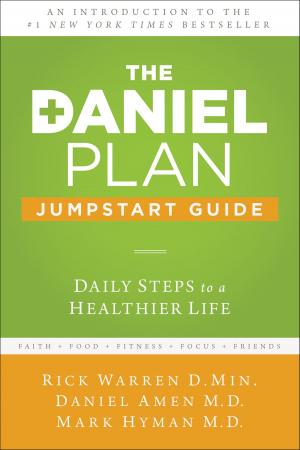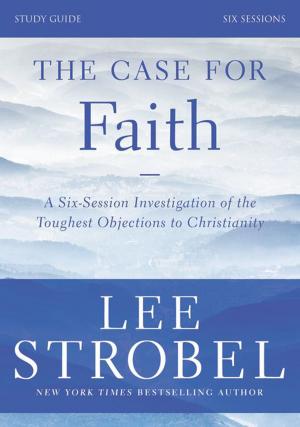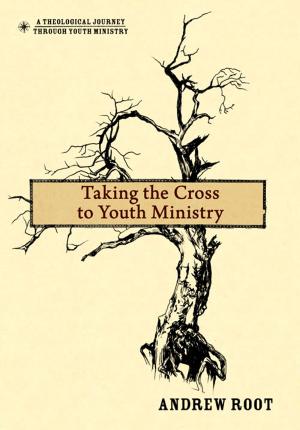Ego Trip
Rediscovering Grace in a Culture of Self-Esteem
Nonfiction, Religion & Spirituality, Christianity, Christian Life| Author: | Glynn Harrison | ISBN: | 9780310516552 |
| Publisher: | Zondervan | Publication: | January 28, 2014 |
| Imprint: | Zondervan | Language: | English |
| Author: | Glynn Harrison |
| ISBN: | 9780310516552 |
| Publisher: | Zondervan |
| Publication: | January 28, 2014 |
| Imprint: | Zondervan |
| Language: | English |
Is loving yourself really the solution to all your problems?
In the world of popular psychology, there are few things more protected or indulged than that fragile little trait known as self-esteem. Today, it’s not the sin of pride we worry about, but the sin of not liking ourselves enough.
In Ego Trip, psychiatrist Glynn Harrison takes aim at what has become one of Western society’s most entrenched ideologies. He charts the rise of this ubiquitous value, arguing that the “science” underlying it is flawed, that there is little evidence efforts to promote self-esteem work, and that, in its popular form of “boosterism,” self-esteem promotion comes with hazardous and unwanted side effects.
Is there a more biblically and psychologically secure approach to big questions of significance and worth? Dr. Harrison asks.
You will be intrigued, challenged, and quite possibly freed by his conclusion: compared with the failed ideology of self-esteem, the gospel offers the foundation for personal significance and meaning.
Is loving yourself really the solution to all your problems?
In the world of popular psychology, there are few things more protected or indulged than that fragile little trait known as self-esteem. Today, it’s not the sin of pride we worry about, but the sin of not liking ourselves enough.
In Ego Trip, psychiatrist Glynn Harrison takes aim at what has become one of Western society’s most entrenched ideologies. He charts the rise of this ubiquitous value, arguing that the “science” underlying it is flawed, that there is little evidence efforts to promote self-esteem work, and that, in its popular form of “boosterism,” self-esteem promotion comes with hazardous and unwanted side effects.
Is there a more biblically and psychologically secure approach to big questions of significance and worth? Dr. Harrison asks.
You will be intrigued, challenged, and quite possibly freed by his conclusion: compared with the failed ideology of self-esteem, the gospel offers the foundation for personal significance and meaning.















